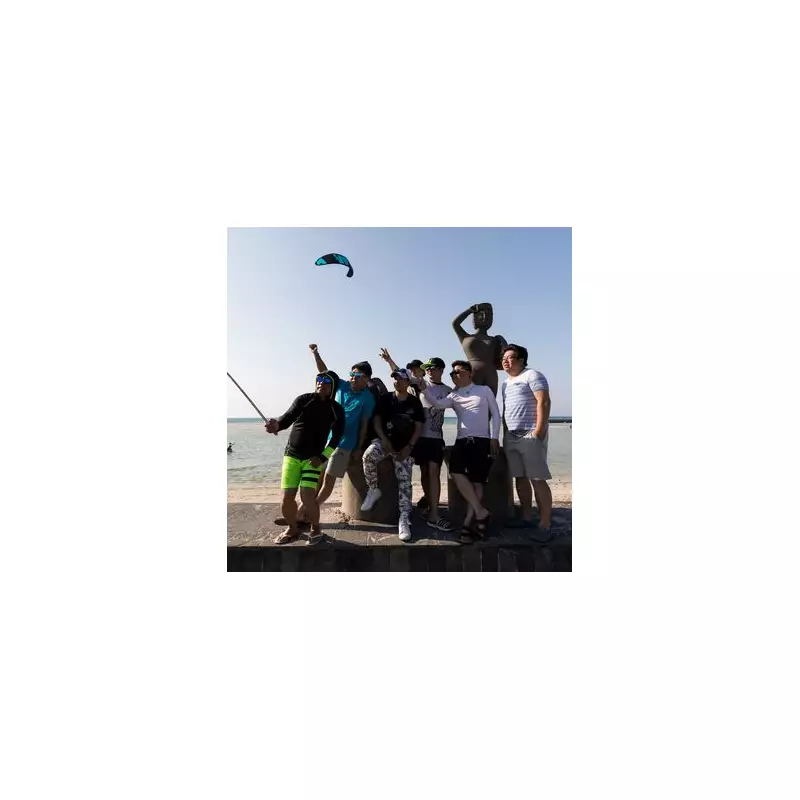
The idyllic South Korean island of Jeju, often dubbed the 'Hawaii of East Asia', has taken an unprecedented step to reclaim its natural beauty from the grips of overtourism. Local authorities have slammed the brakes on independent exploration, announcing a temporary ban on tourists accessing sections of its world-famous Olle hiking trails without an official guide.
The drastic new regulations, which came into force on May 1st, target the most congested stretches of the trail network. The decision underscores the immense pressure mass tourism is placing on the island's fragile ecosystems and the quality of life for its residents.
A Paradise Overwhelmed
For years, Jeju's breathtaking volcanic landscapes, coastal vistas, and serene walking paths have been a major draw for millions of domestic and international visitors. The very popularity that boosted the local economy has now become its biggest challenge.
The sheer volume of foot traffic has led to significant environmental degradation, including soil erosion, damage to native plant life, and disturbance to wildlife habitats. The new pilot programme is a direct response to these growing concerns, aiming to strike a balance between welcoming visitors and preserving the island's natural heritage.
How the New System Works
Under the new rules, freedom to roam is now restricted. Tourists wishing to traverse the affected sections must now:
- Apply for a formal permit in advance of their visit.
- Be accompanied by a certified local guide throughout their hike.
- Stick to designated paths and group sizes as stipulated by the authorities.
This controlled access is designed to manage visitor numbers more effectively, minimise environmental impact, and enhance safety. The programme is initially being trialled on six specific sections of the Olle trail network, with the potential for expansion if deemed successful.
Tourist Reaction and Future Implications
The move has sent ripples through the travel community. While many sustainable travel advocates praise the initiative, some independent travellers have expressed disappointment at the loss of spontaneity and the potential increased cost of visiting.
This bold policy positions Jeju Island at the forefront of a global conversation about managing overtourism. It serves as a stark reminder that the world's most beautiful destinations have a carrying capacity, and protecting them sometimes requires difficult decisions that prioritise longevity over short-term gains.





